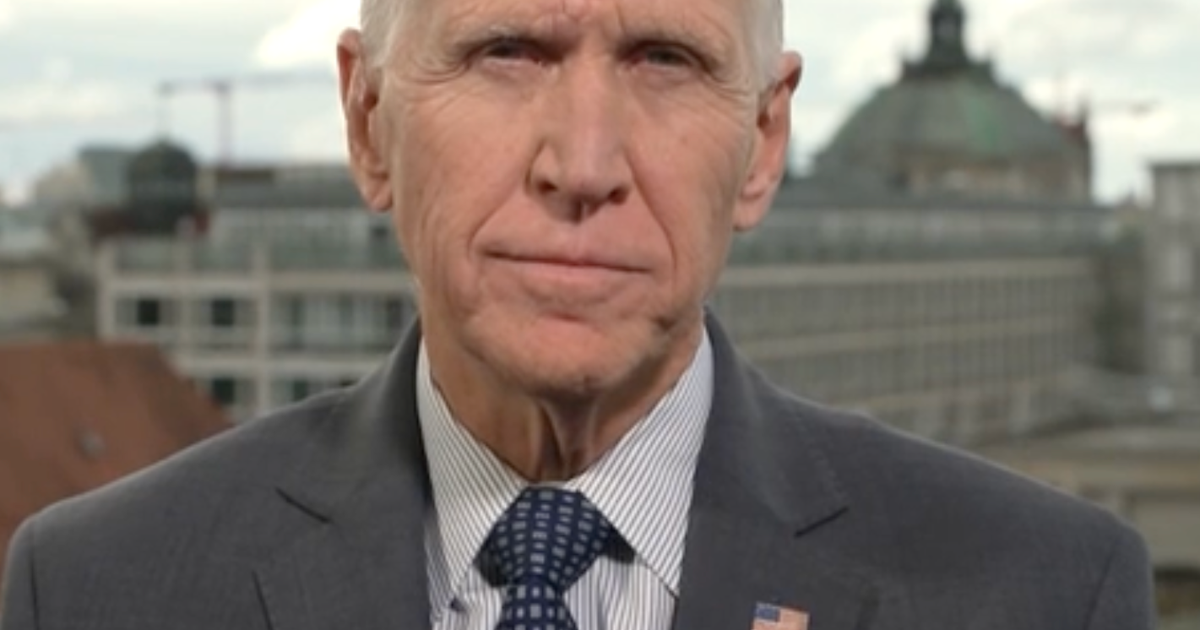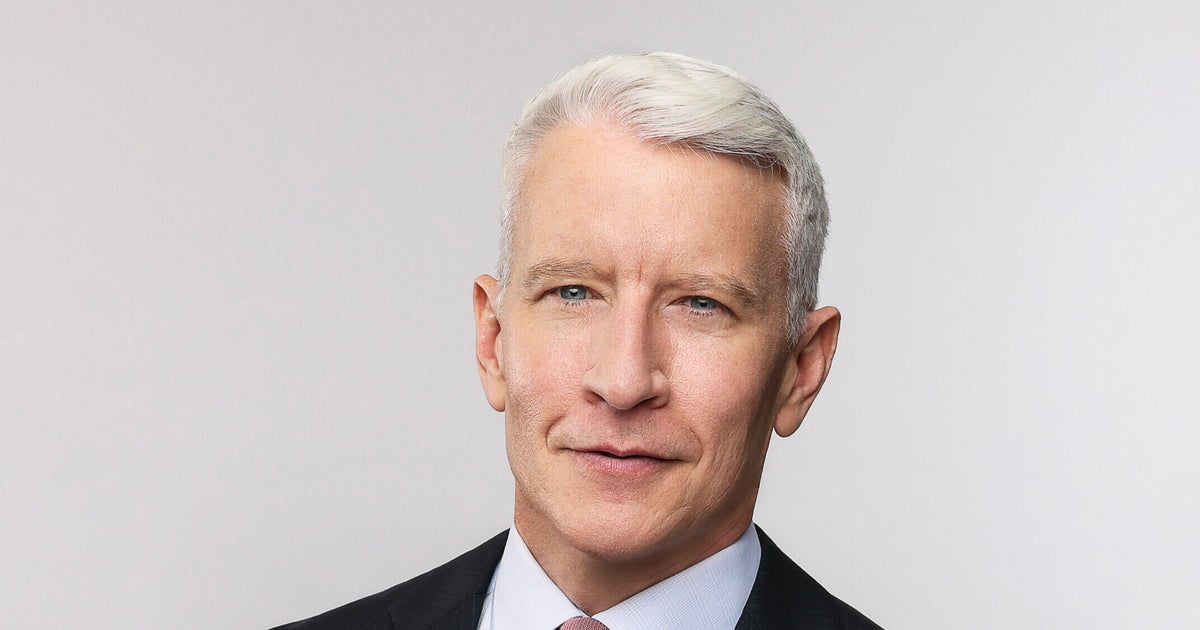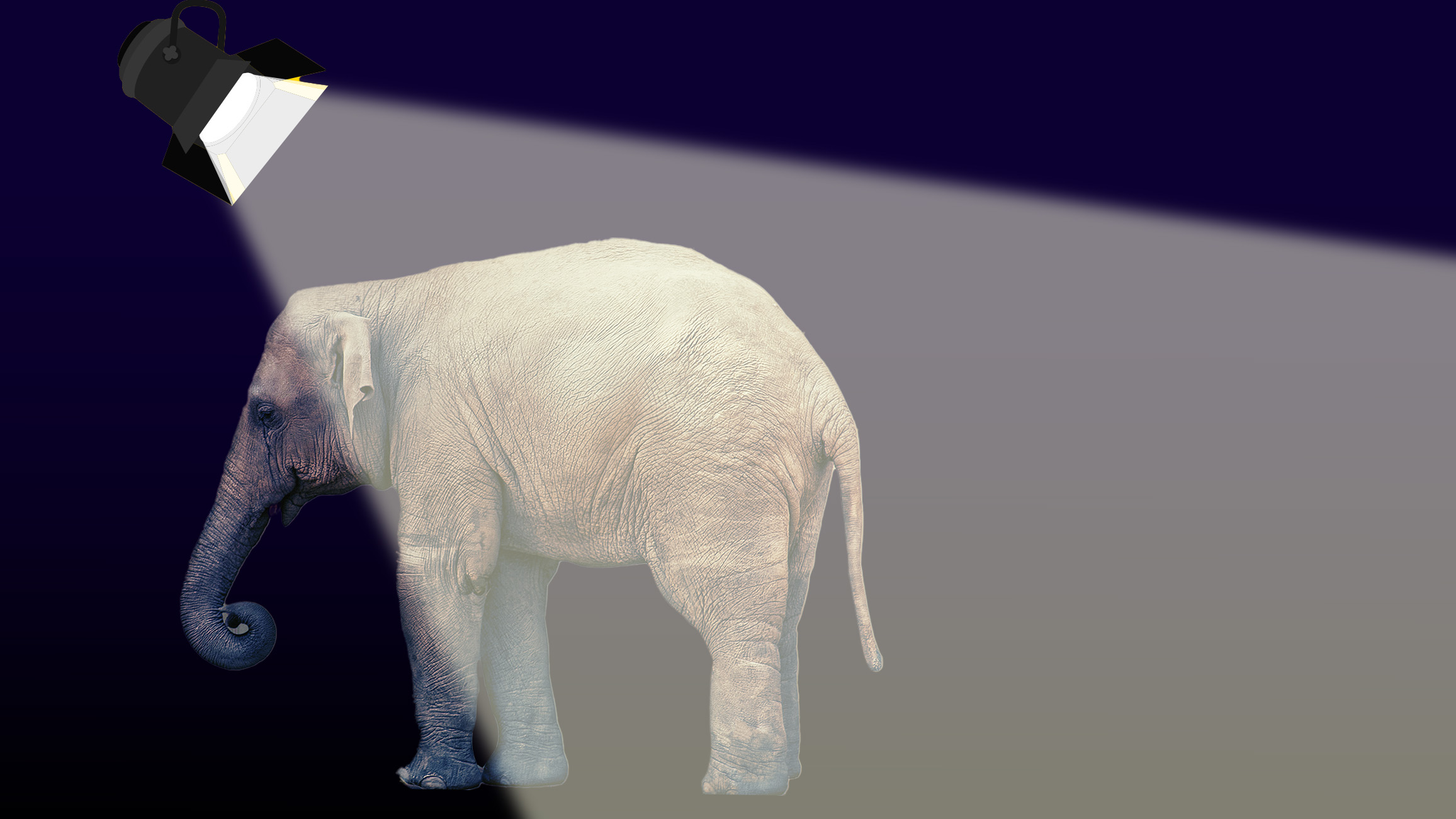Famous congressional hearings that gripped the nation
Today's highly-anticipated James Comey testimony could help define the Trump presidency, but this will not be the first time congressional hearings have gripped the nation.
- How to watch James Comey testimony Thursday
- President Trump and James Comey: A timeline of their relationship
To put this in context, the fired FBI director's hearing is just one of a handful of congressional hearings that have risen to the level of being broadcast live on network television, reports CBS News correspondent Chip Reid.
In a 1954 hearing, Army lawyer Joseph Welch expressed frustration with Sen. Joseph McCarthy and his ruthless anti-Communist crusade.
"Until this moment, senator, I think I never fully gauged your cruelty or your recklessness," Welch said in the hearing.
"Have you no sense of decency, sir?" he also said.
Presidential historian Robert Dallek remembers when then-Senate Majority Leader Lyndon B. Johnson arranged for a television network to broadcast the congressional testimony.
"And Johnson knew this: that once they saw McCarthy with his five o'clock shadow… and having people see how rude and abusive he could be… it undercut him terribly," Dallek said.
Years later in 1966, the Vietnam hearings exposed a stunning admission.
"I think our military involvement in Vietnam has to be recognized as unfortunate, as something we would not choose deliberately if the choice were ours to make all over again today," Ambassador George Kennan said.
The U.S. was stuck in a war it was unlikely to win.
"It raised questions about what was the purpose of it? Why were we fighting there?" Dallek said.
From the Iran-Contra affair hearing in 1987 to the infamous Anita Hill and Clarence Thomas testimonies in 1991, public hearings have become part politics, part theater.
Americans watched as Bill Clinton became the second president in U.S. history to undergo an impeachment trial.
"It depends upon what the meaning of the word 'is' is," Clinton said in 1998.
People watched again when Hillary Clinton endured an 11-hour grilling from the House Benghazi committee.
"I have been racking my brain about what more could have been done or should have been done," Clinton said in 2015.
The most explosive hearing of all was Watergate, which uncovered the extent of the cover up by the Nixon administration.
"I began by telling the president that there was a cancer growing on the presidency," former White House counsel John Dean said in 1973.
What began with a burglary ended with President Nixon's resignation.
"And so of course it leads up to these Comey hearings, which creates a sense of anticipation… that people may hear something that's going to change the course of history," Dallek said. "It's a kind of new national soap opera."










